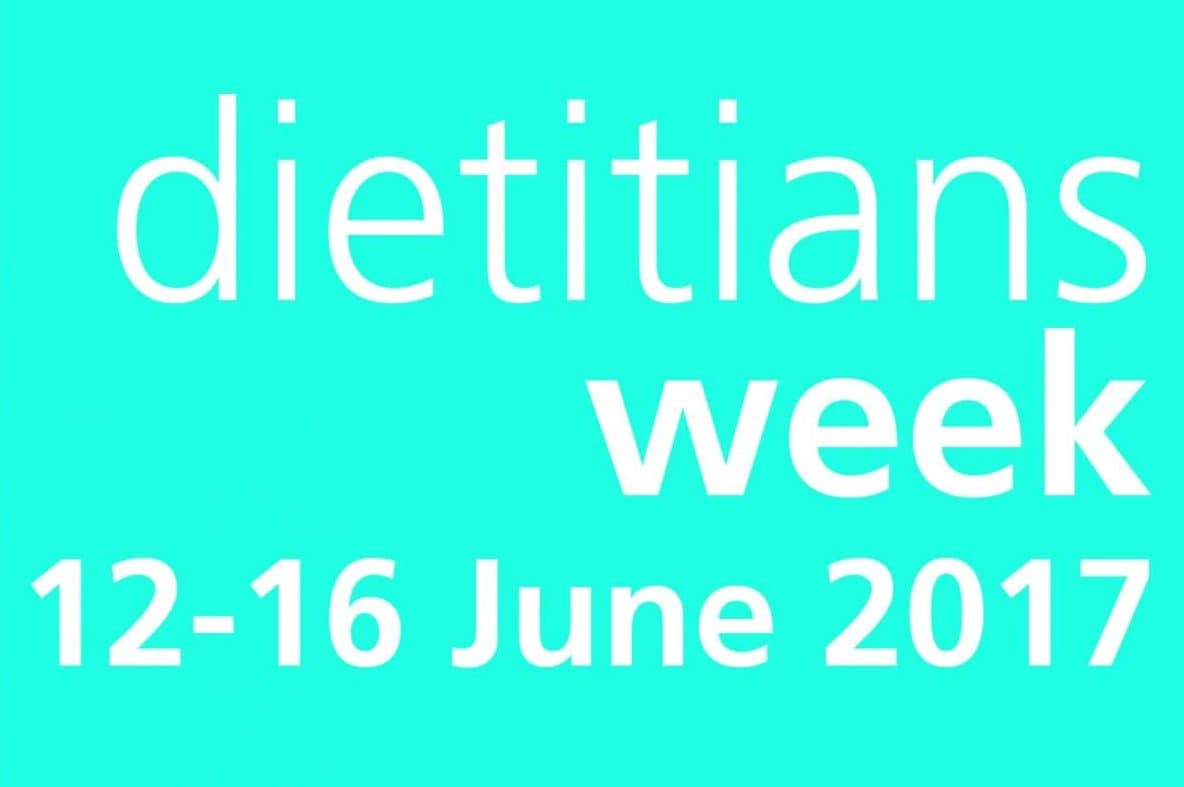The British Dietetic Association (BDA) has voiced concerns that the UK public could be seeking diet and nutrition advice from unreliable sources.
According to a recent Populus survey of over 2,000 people, conducted on behalf of the BDA, 58% of people stated that they would trust diet and nutrition advice provided to them by their personal trainer and fitness instructor.
The BDA is querying the depth of knowledge available from these sources, highlighting the fact that some nutrition and diet qualifications undertaken by personal trainers and fitness instructors are available via online courses that last as little as 12 weeks or less. It also points out that there is no governing body to quality assure the nutrition training that these professionals undertake and no legal body to report these individuals to if the dietary advice they provide is incorrect or unsafe.
 Young people were found to be most likely to put their trust in ‘less scientific sources of diet and nutrition advice’, according to the BDA. In the 18-24 year-old age group, 75% said they trusted advice provided to them by a personal trainer or fitness instructor and 41% of this age group would trust the advice of a ‘healthy eating blogger’. The survey also found that 35% of people would trust diet and nutrition advice provided to them by a TV chef.
Young people were found to be most likely to put their trust in ‘less scientific sources of diet and nutrition advice’, according to the BDA. In the 18-24 year-old age group, 75% said they trusted advice provided to them by a personal trainer or fitness instructor and 41% of this age group would trust the advice of a ‘healthy eating blogger’. The survey also found that 35% of people would trust diet and nutrition advice provided to them by a TV chef.
“Following diet and nutrition advice that is not based on sound research and evidence is less likely to be effective and can pose a threat to your health and may cause severe harm,” said Siân O’Shea, registered dietitian, responding to the survey findings.
As part of their annual Dietitians Week, the BDA is encouraging people to seek evidence-based diet advice, from a qualified professional, such as a registered dietitian. From 12-16 June, the BDA is promoting and highlighting the importance of ‘Evidence and Expertise’ in relation to diet and nutrition.











